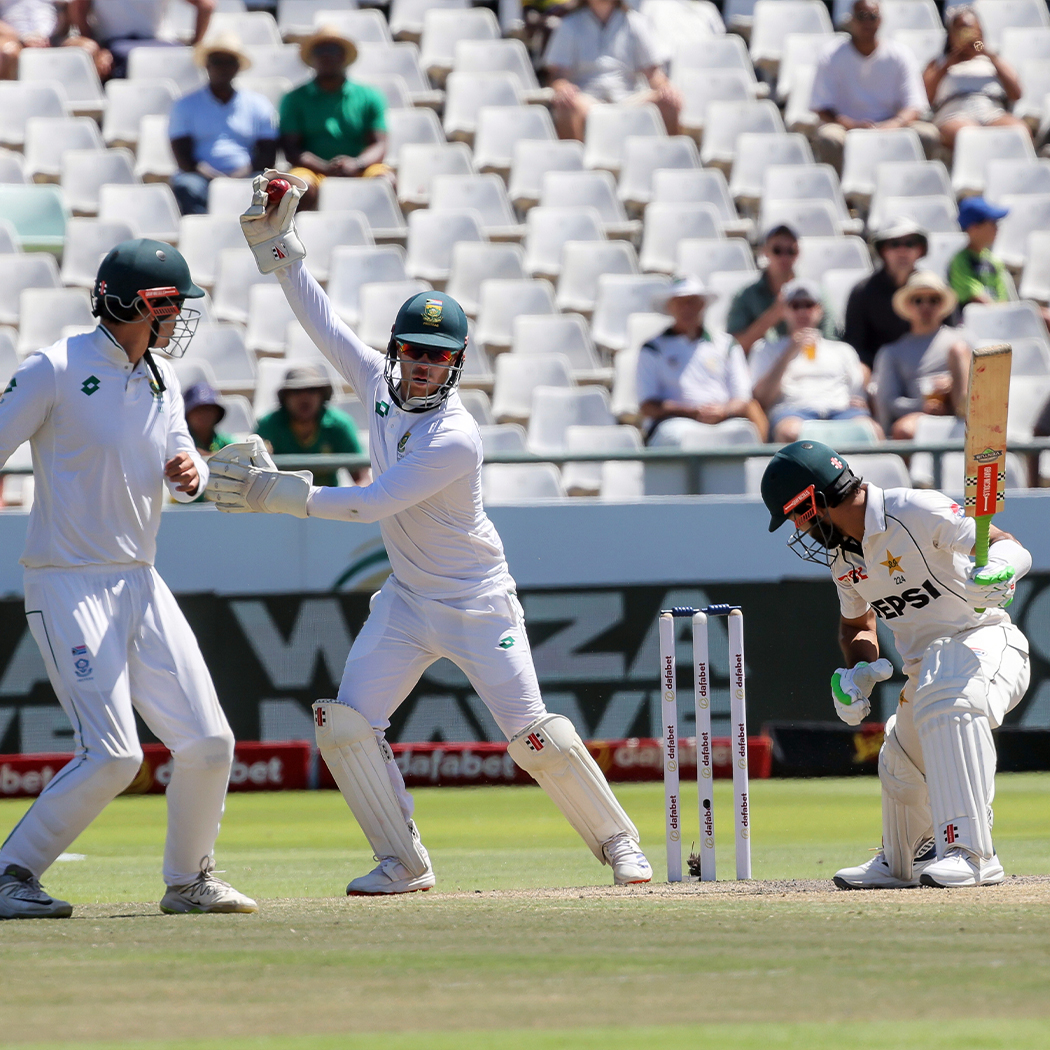KARACHI: Over a century ago, Khaliqdina Hall, a stately colonial-era building on Karachi’s M.A. Jinnah Road, became the stage for a pivotal moment in the history of the Indian subcontinent.
Originally established in 1906 as a library and community center, the iconic building served as a hub for political and literary gatherings, hosting leaders, thinkers and activists who shaped the region’s destiny.
On July 9, 1921, the hall witnessed the trial of Muhammad Ali Jauhar, a renowned journalist, activist and leader of the Khilafat Movement, who stood accused of sedition alongside other prominent figures such as his brother Shaukat Ali, Dr. Saifuddin Kitchlew, Maulana Husain Madani, and Sri Shankaracharya.
While not a traditional courtroom, Khaliqdina Hall became a platform for debates that shaped history and a sanctuary for intellectuals seeking knowledge and inspiration since it first opened to the public.
But in recent decades, the hall fell into disuse as Karachi’s cultural and political life waned amid conflict and urban challenges. Now, following a meticulous restoration this year, the 118-year-old building is poised to reclaim its former glory, offering hope for a revival of the city’s lost vibrancy.
“This building is not just heritage but also history,” said Bashir Sadozai, President of the Students Welfare Organization, which occupies a room in the hall. “To many people, the history of this place starts in 1906 with the construction of the building, but it actually started long before, when the British, after occupying the Indian subcontinent, began reforms.”

This photo, taken on December 22, 2024, shows a general view of Khaliqdina Hall, a stately colonial-era building, located at the M.A. Jinnah Road in Karachi. Established in 1906, Khaliqdina Hall was a library and community center that become a hub of political activities and is now a revived heritage site. (AN Photo)
Sadozai explained that in 1851, the British set up a one-room library named the Native Library in the nearby Ranchore Line area. It soon became overcrowded, leading to the formation of a trust comprising local philanthropists. One such individual, Ghulam Hussain Khaliqdina, donated Rs18,000 out of the total Rs33,000, enabling the construction of the building in 1906.
The restoration, initiated in August and completed on November 15, 2024, addressed decades of neglect.
Saima Zaidi, director of Numaish, the organization tasked with the renovation by the Karachi Metropolitan Corporation (KMC), said the building was structurally sound but in a derelict condition.
She informed electrical work, seepage in the walls, paint and woodwork all required attention.

This photo, taken on December 22, 2024, shows a general view of Khaliqdina Hall, a stately colonial-era building, located at the M.A. Jinnah Road in Karachi. Established in 1906, Khaliqdina Hall was a library and community center that become a hub of political activities and is now a revived heritage site. (AN Photo)
“Doors, windows and grills were stripped of layers of paint, cleaned, polished and repaired across the building,” she told Arab News. “The library, with its rare collection of books, was in complete disarray, exposed to the elements in broken cupboards and panes.”
Additional touchups were made to the dock where Jauhar stood during his trial in 1921.
“Around 100 years ago, Maulana Muhammad Ali Jauhar stood exactly in this place where he was sentenced to two years imprisonment,” Mehdi Maloof, senior director of the KMC, said.

This photo, taken on December 22, 2024, shows a general view of Khaliqdina Hall, a stately colonial-era building, located at the M.A. Jinnah Road in Karachi. Established in 1906, Khaliqdina Hall was a library and community center that become a hub of political activities and is now a revived heritage site. (AN Photo)
Jauhar famously declared his desire for martyrdom, urging the court to deliver its verdict, as he had never denied opposing British colonial rule. Less than a decade later, he died in London and was buried in Jerusalem according to his will.
After partition, the hall hosted the All-India Muslim League’s conference, where it was decided to remove “All India” from its name. The country’s founding father, Muhammad Ali Jinnah, also delivered a speech here to civil servants of the newly independent Pakistan.

This photo, taken on December 22, 2024, shows the dock where freedom fighter Muhammad Ali Jauhar stood during his trial in 1921, at the Khaliqdina Hall, a stately colonial-era building, in Karachi. Established in 1906, Khaliqdina Hall was a library and community center that become a hub of political activities and is now a revived heritage site. (AN Photo)
Asked about the decline in the hall’s relevance to the city’s cultural life in recent years, Zaidi explained that Karachi’s turbulent history— marked by decades of ethnic, militant and sectarian conflict— had also impacted Khaliqdina Hall, as public spaces fell silent amid the violence.
“M.A. Jinnah Road itself witnessed a lot of conflict, violent protests and deadly bomb blasts,” she said. “A whole generation grew up in fear.”
Despite these challenges, she said, the restoration marked a turning point.

In this photo, taken on December 22, 2024, a visitor takes picture at the Khaliqdina Hall, a stately colonial-era building, in Karachi. Established in 1906, Khaliqdina Hall was a library and community center that become a hub of political activities and is now a revived heritage site. (AN Photo)
“In these politically and economically unstable times, this space offers an opportunity for the younger generation to connect with each other and the city, reclaiming their role in shaping its future,” she continued.
Zaidi also highlighted plans to restore the library with 2,000 books, including 500 rare editions from the 18th and 19th centuries, soon to be accessible to the public.
Designed by renowned architect Moses Somake, the hall features Ionic columns and intricate woodwork that have been carefully preserved.
“It’s a really precious gem of a building,” she said.

This photo, taken on December 22, 2024, shows a general view of Khaliqdina Hall, a stately colonial-era building, located at the M.A. Jinnah Road in Karachi. Established in 1906, Khaliqdina Hall was a library and community center that become a hub of political activities and is now a revived heritage site. (AN Photo)
For visitors like Mehwish Rafi, the restoration has brought Khaliqdina Hall back to life.
“Somebody who’s an average citizen, when I walk into this place, I feel overwhelmed,” Rafi said. “And that’s the beauty of this.”



















